AeroGenie — Ihr intelligenter Copilot.
Trends
Categories
Airline Stocks Face Uncertainty Amid Tariff Concerns
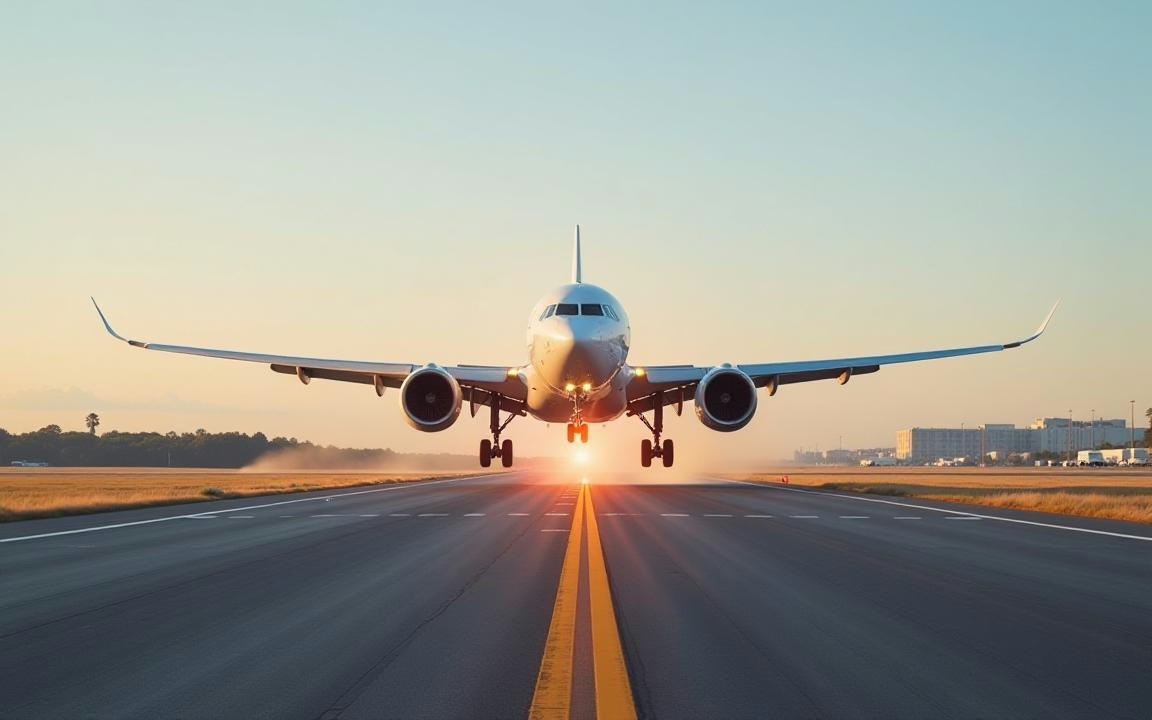
Airline Stocks Face Uncertainty Amid Tariff Concerns
Strong Earnings Provide Temporary Relief
Delta Air Lines Inc. reported a robust earnings performance for its fiscal second quarter, posting record revenue of $16.65 billion and earnings of $3.27 per share, significantly surpassing Wall Street expectations. The positive results, alongside CEO Ed Bastian’s comments on “greater clarity” regarding trade agreements and the reinstatement of full-year guidance, initially buoyed U.S. airline stocks in early trading sessions. However, this optimism is tempered by ongoing uncertainties surrounding trade policies and tariffs that continue to cloud the sector’s outlook.
Tariff Risks and Industry Vulnerabilities
Despite the recent upbeat earnings, the airline industry remains highly vulnerable to the looming threat of new U.S. tariffs set to take effect on August 1. The Trump administration’s assertive trade stance has already unsettled global markets, and airlines—dependent on intricate international supply chains for aircraft components, jet engines, and maintenance parts—face significant exposure. Proposed tariffs on imported aviation goods, some potentially as high as 50%, threaten to substantially increase operating costs for U.S. carriers.
Industry group Airlines for America has warned that these tariffs could undermine both economic and national security, inflicting a “material and debilitating impact” on the domestic commercial aviation sector’s capacity to grow, compete, innovate, and invest. The timing is particularly challenging, coinciding with the summer season, which is traditionally the most profitable period for airlines. Earlier this year, airline stocks experienced declines of up to 24% amid concerns over rising costs and weakening demand. Temporary pauses in tariff implementation have offered only short-lived relief. Analysts at Deutsche Bank have cautioned that persistent trade tensions could precipitate an “earnings recession” for the industry in 2025.
Supply Chain Adjustments and Operational Challenges
In response to the tariff uncertainties, airlines and aerospace manufacturers are actively reassessing and diversifying their supply chains, seeking alternative suppliers in countries less affected by tariffs. This strategic shift is influencing parts sourcing, maintenance schedules, and even decisions regarding aircraft procurement. The air cargo sector is also under pressure, as evolving trade flows and the need to adapt network planning contribute to heightened market volatility. Frequent changes in tariff regulations, ongoing exemption negotiations, and policy unpredictability further complicate operational planning.
Tariffs may also disrupt the aviation supply chain by causing delays in aircraft maintenance and delivery. The Aerospace Industries Association has highlighted that establishing new domestic suppliers could take up to a decade, potentially impacting safety standards and operational efficiency. Additionally, higher import duties combined with disruptions in global oil supply chains threaten to increase jet fuel prices, a critical concern given that fuel expenses can account for up to 30% of airline operating costs. Any rise in fuel prices could erode already narrow profit margins and compel airlines to adjust ticket pricing accordingly.
While some aerospace companies downplay the immediate effects of tariffs, the sector remains cautious. Airlines are adapting to new trade routes and shifting cargo volumes, but the overall environment is characterized by uncertainty and prudence.
Delta’s strong quarterly performance offers a momentary reprieve, yet the specter of tariffs continues to overshadow the airline industry. As the August deadline approaches and trade tensions intensify, airline stocks remain in a state of cautious anticipation, awaiting clearer direction.
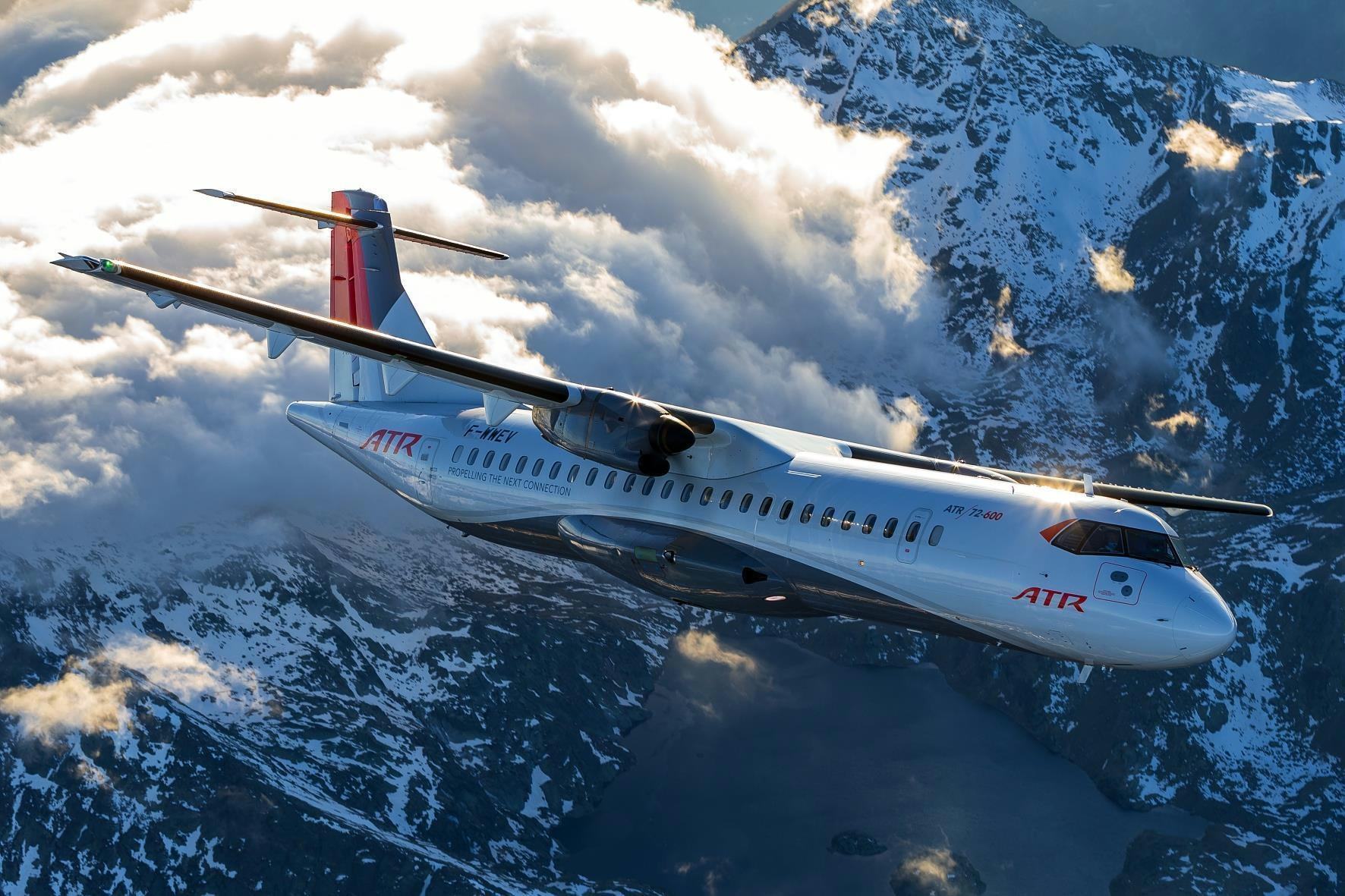
ATR Airlines Misses Targets Amid Aircraft Delivery Delays
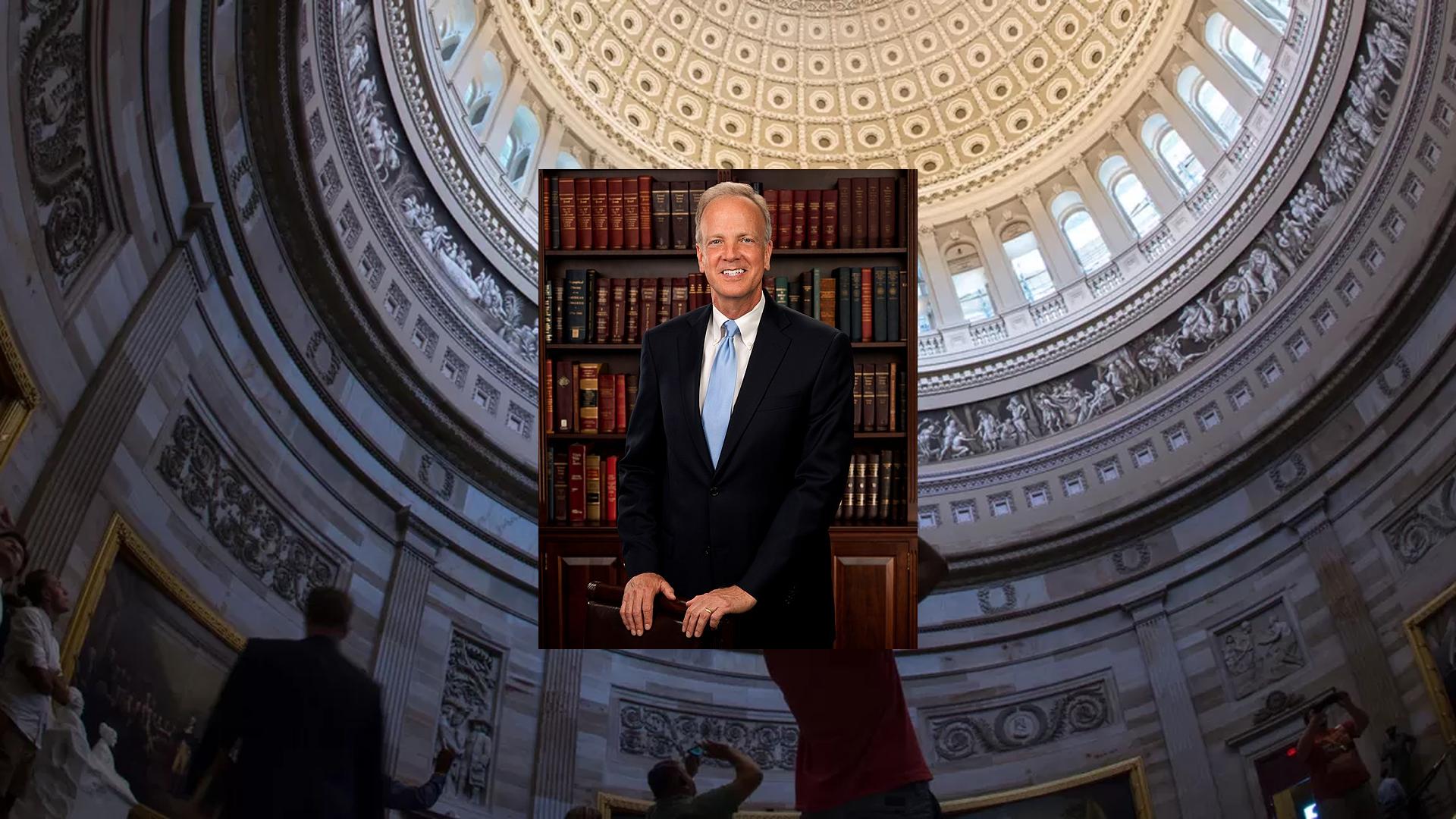
Sen. Jerry Moran Proposes Bipartisan Bill to Improve FAA Certification for Advanced Air Mobility
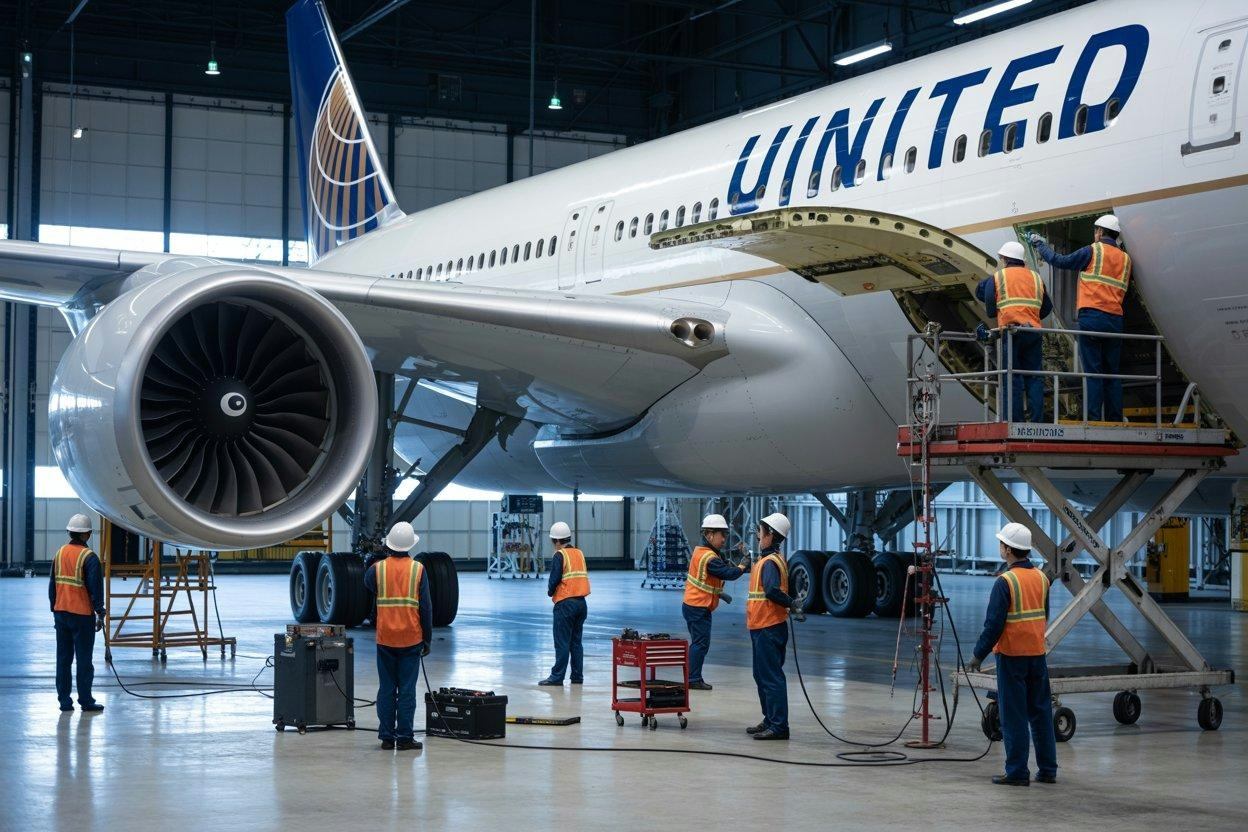
US Audit Identifies FAA Oversight Gaps at United Maintenance

The Impact of Agentic AI on Airport Operations
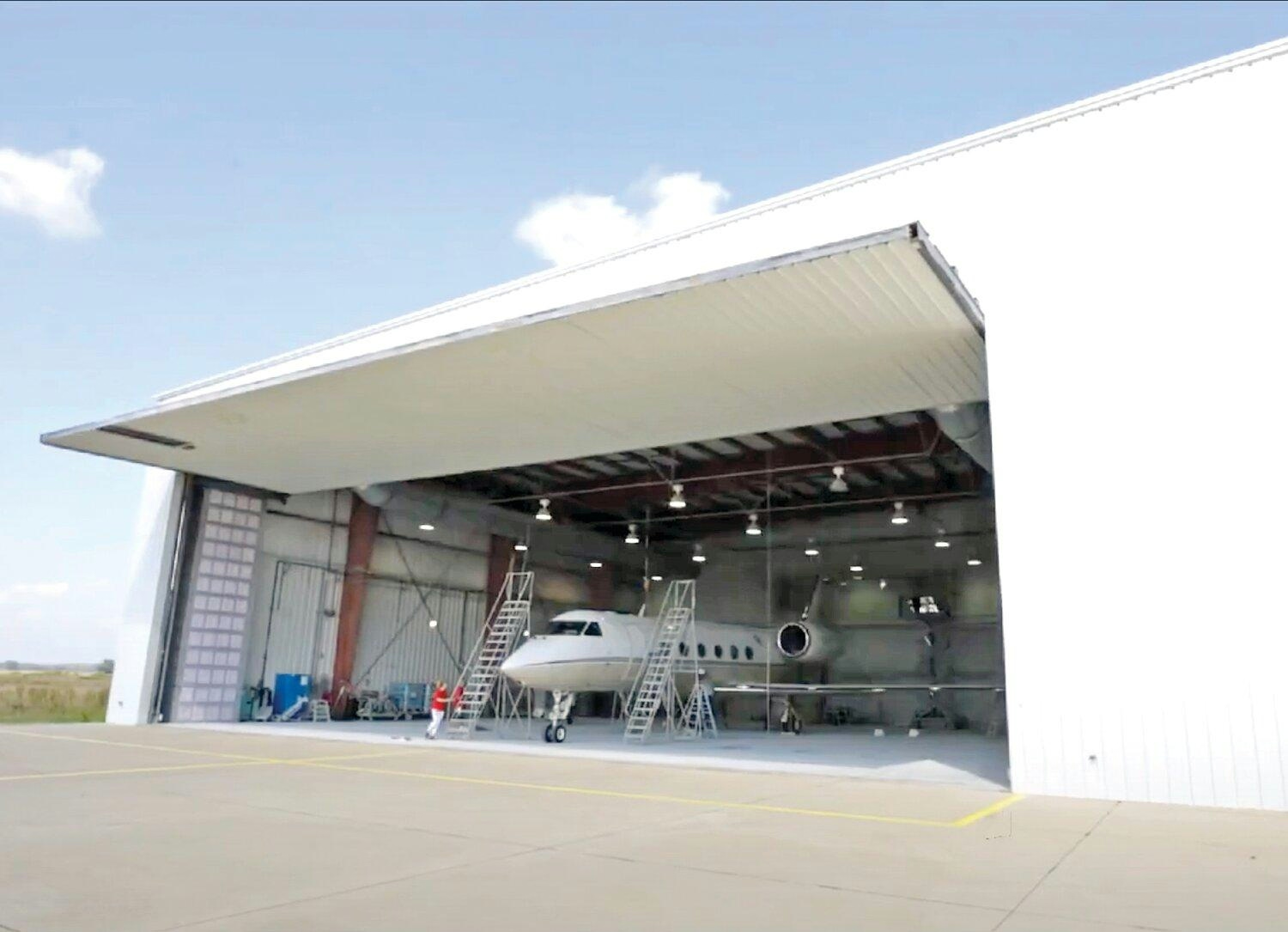
West Star Aviation Announces Expansion in Chattanooga
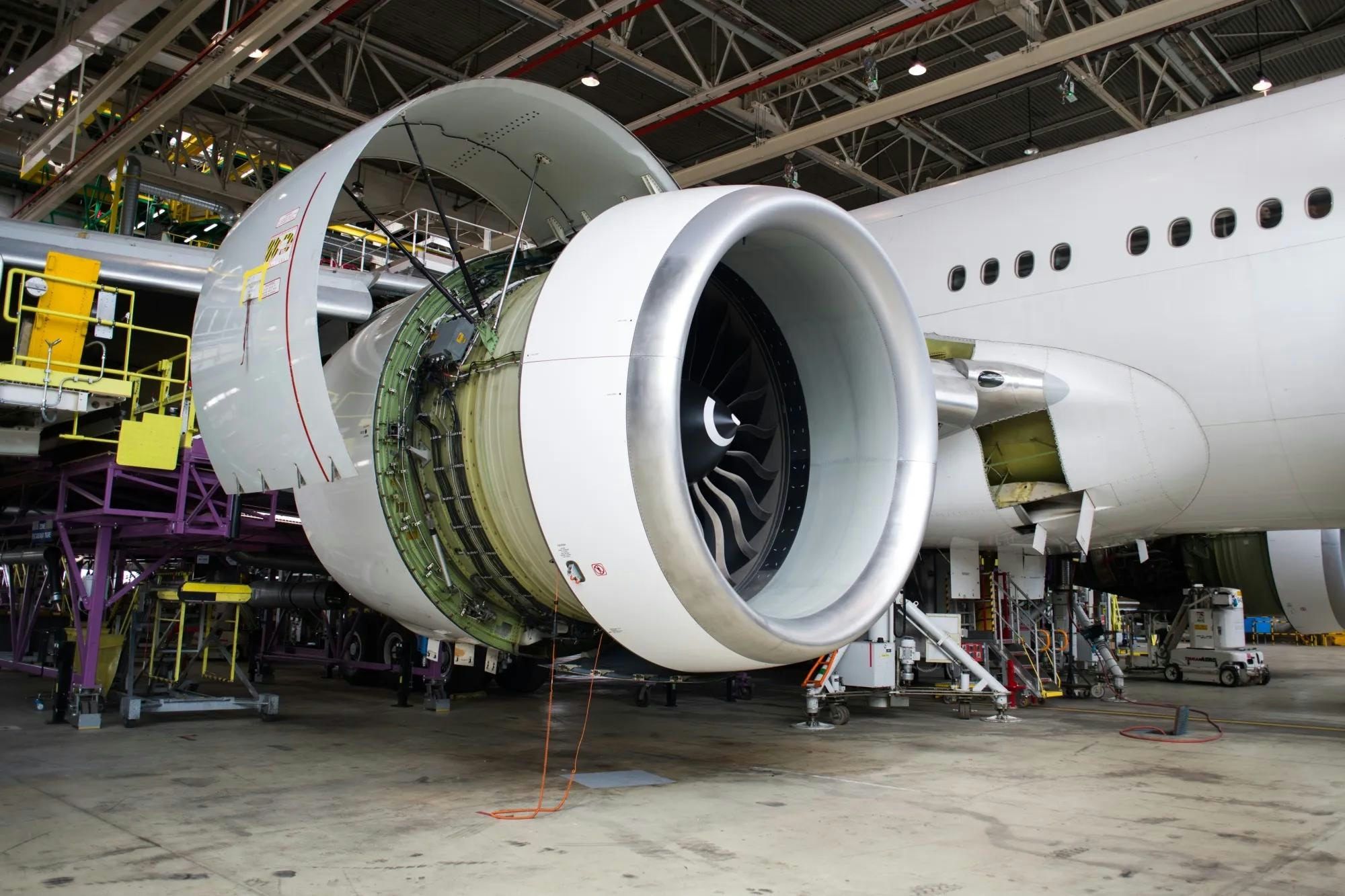
Signs Point to Easing of Aerospace M&A Backlog by 2026
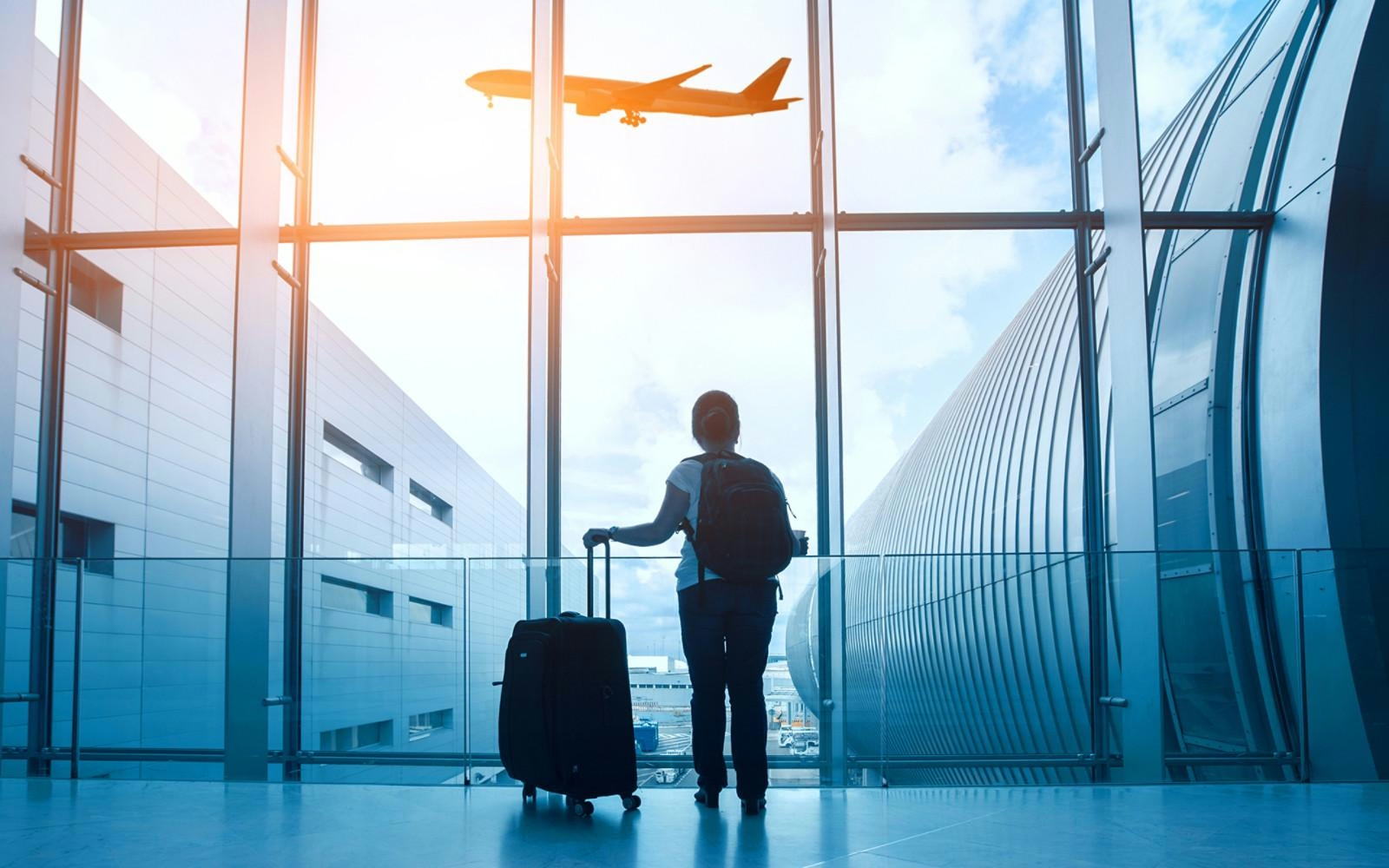
Airlines Accelerate Digital Transformation in Travel

Aviation Design Software Market Projected to Reach $2.8 Billion
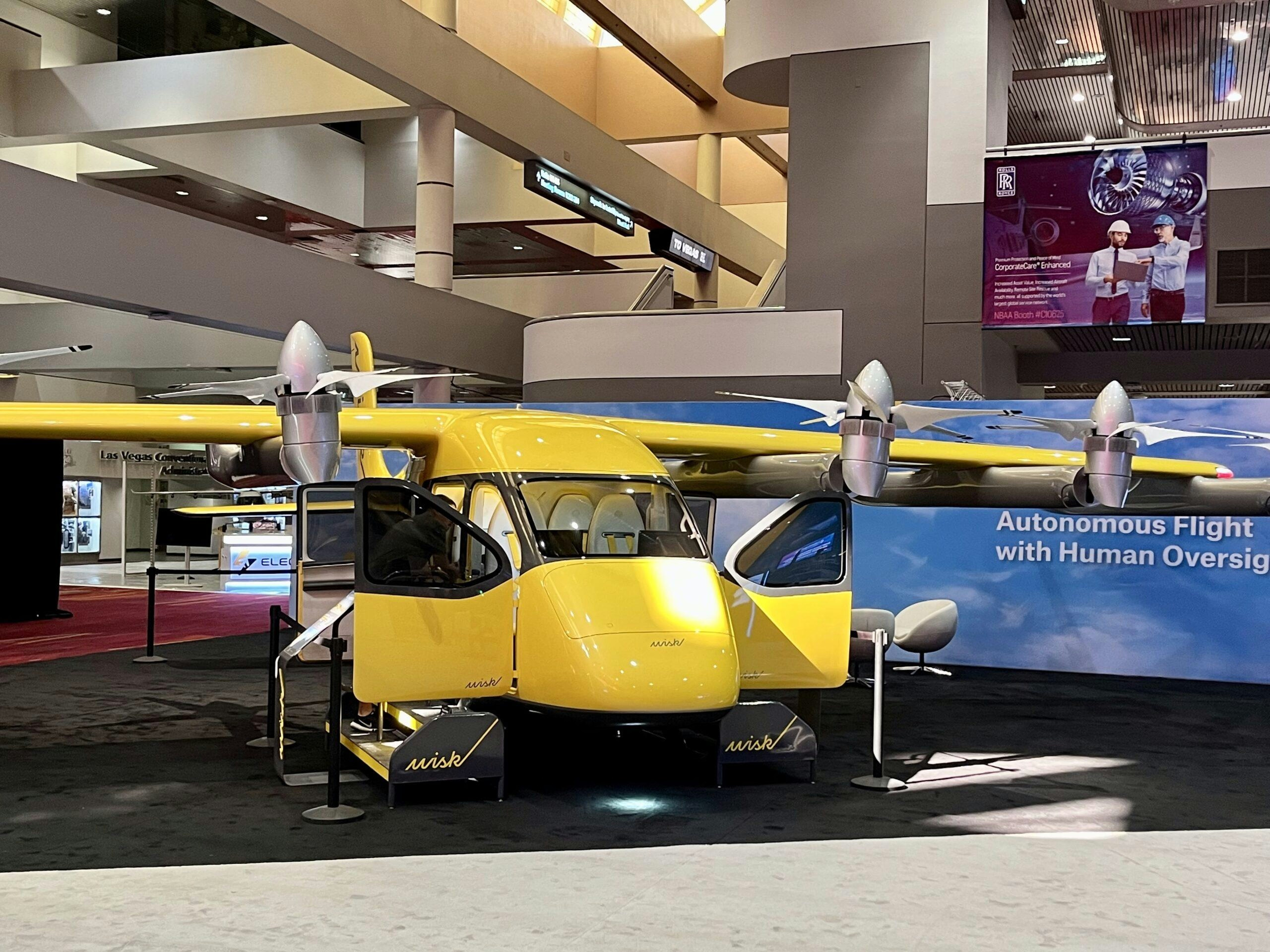
The Future of Aviation in Africa Amid Digital Transformation
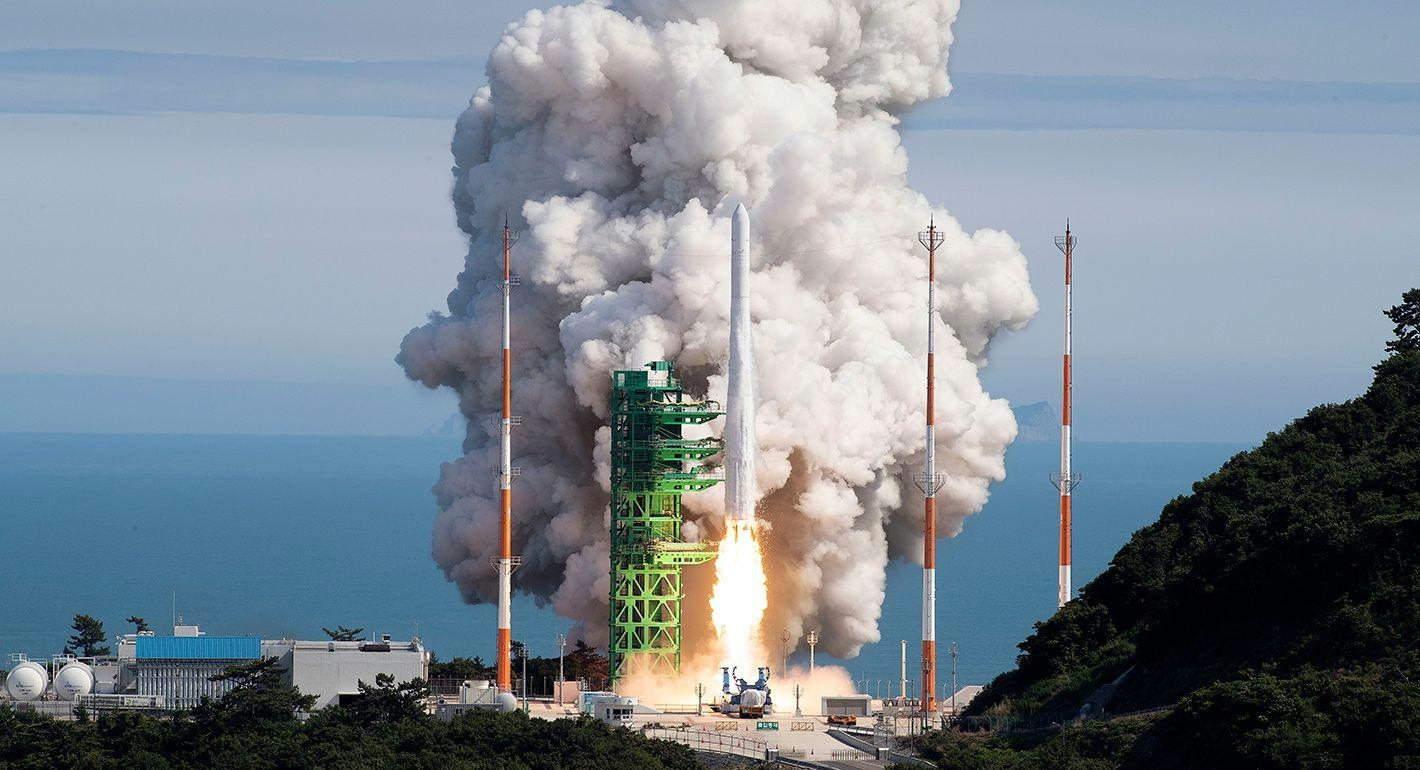
Gyeongnam Province Unveils Mid- to Long-Term Aerospace Industry Roadmap
